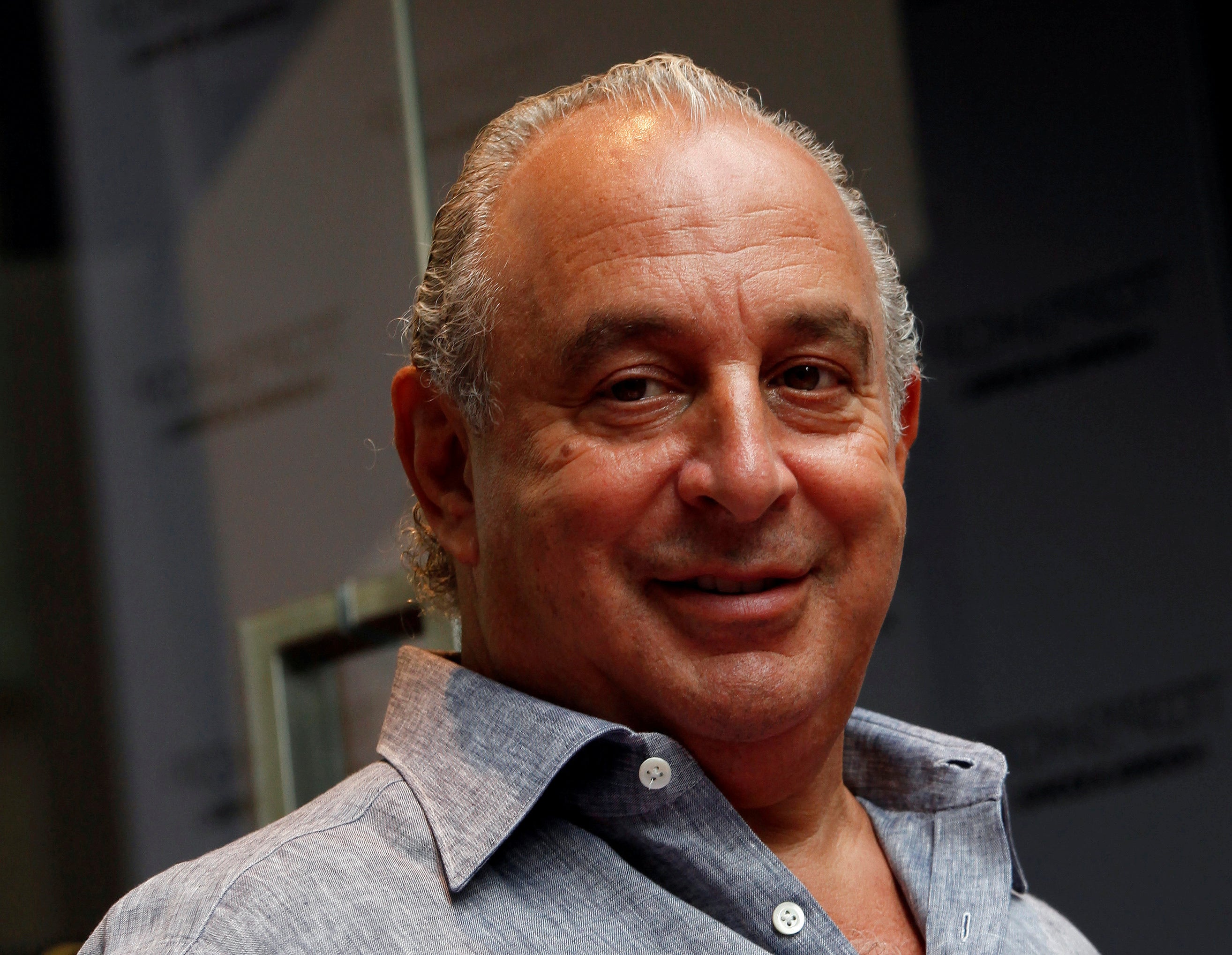The demise of Philip Green’s empire is a lesson: when a billionaire buys a yacht, expect business to go downhill
Time sprawled on deck is time not running the business. The collapse of Arcadia is a miserable tale but the warning signs were all there, writes Hamish McRae

There are at least six stories in the collapse of Arcadia, the core of the retail empire run by Sir Philip Green and owned by his wife Tina, who is resident in Monaco and who in 2005 received the then largest-ever dividend of £1.2bn.
While we don’t know the final outcome of a miserable tale, buyers may well pick up some of the Arcadia brands, which include Topshop, Miss Selfridge, Wallis Evans, Dorothy Perkins and Burton.
But we know this. First, this is a story about bombast. Never believe corporate hype. “We’re a global force in fashion. Dynamic and diverse, our team is the best in the business,” boasts the company’s website. It is a decent rule of thumb that when any company preens itself about something, it is compensating for a weakness. So if, for example, they say they care about values, it probably means they have a reputation for squeezing their suppliers. In this instance the giveaway is “dynamic and diverse”. If Arcadia really was dynamic, it would have been ahead of the curve into online, and yet it failed to diversify away from the high street.
Subscribe to Independent Premium to bookmark this article
Want to bookmark your favourite articles and stories to read or reference later? Start your Independent Premium subscription today.
Join our commenting forum
Join thought-provoking conversations, follow other Independent readers and see their replies